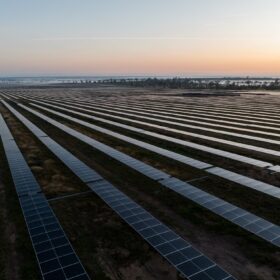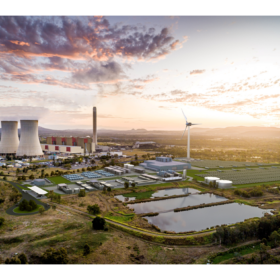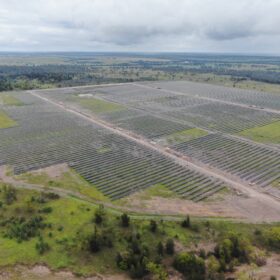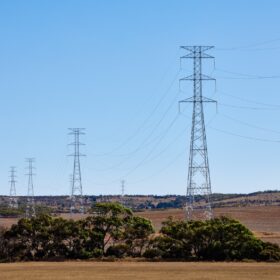The Australian Energy Market Commission (AEMC) has published its final requirements for community engagement that form part of the process for securing approvals on transmission projects. The new rules require transmission businesses to start engaging with communities early and continue that engagement throughout the regulatory investment test (the RIT-T).
AEMC Chair Anna Collyer acknowledged that as Australia’s traditional energy assets retire, the physical build of transmission infrastructure to deliver power from renewable generation to consumers is having flow-on effects for communities.
“A broad range of stakeholders rallied behind this change which aims to provide greater transparency and reduce uncertainty for communities. These rules stipulate when transmission businesses are required to engage, who they must engage with and how engagement needs to occur,” Collyer said.
“‘Social licence’ is more than just a buzzword in infrastructure discussions; it represents the rights of individuals and communities for timely access to transparent information and clarity about their rights.”
Under the final rule, transmission businesses would be required to engage with “stakeholders who are reasonably expected to be affected” by the development of major transmission projects. This includes local landowners, local councils, local community members, local environmental groups and traditional owners.
Amongst the main changes being made:
- stakeholders are to receive information that is clear, accessible, accurate, relevant and timely and explains the rationale for the proposed project
- engagement consultation materials, methods of communication and participatory processes must be tailored to the needs of different stakeholders
- the stakeholders’ role in the engagement process must be clearly explained to them, including how their input will be taken into account
- stakeholders are provided with a range of opportunities to be regularly involved throughout the planning of ‘actionable’ or ‘future’ Integrated System Plan (ISP) projects and Renewable Energy Zones (REZs).
While the final rule applies to projects included in Australian Energy Market Operator’s future integrated system plans (ISP), the AEMC recognises stakeholders’ concerns over social licence issues that impact the delivery of non-ISP projects. For these projects different rules apply.
This rule change is part of a broad set of reforms to support timely and efficient delivery of major projects and compliments broader work that’s being carried out by governments and industry around rules which help build social licence for all projects across the energy market.
“Establishing robust frameworks is essential; it ensures dialogue between communities and transmission businesses can happen sooner, so that concerns can be identified and addressed by networks earlier in the process,” Collyer said.
Australian Energy Infrastructure Commissioner Andrew Dyer, who is leading the Community Engagement Review for the Australian Government, welcomed news of the final determination.
“The final determination offers timely guidance, establishing essential benchmarks for transmission businesses and project developers going forward,” Dyer said.
“These expectations will be a key consideration for the review, launched by Minister Chris Bowen, particularly as we examine industry’s ability to deliver and manage proper and effective stakeholder engagement – and identify critical areas for improvement.”






By submitting this form you agree to pv magazine using your data for the purposes of publishing your comment.
Your personal data will only be disclosed or otherwise transmitted to third parties for the purposes of spam filtering or if this is necessary for technical maintenance of the website. Any other transfer to third parties will not take place unless this is justified on the basis of applicable data protection regulations or if pv magazine is legally obliged to do so.
You may revoke this consent at any time with effect for the future, in which case your personal data will be deleted immediately. Otherwise, your data will be deleted if pv magazine has processed your request or the purpose of data storage is fulfilled.
Further information on data privacy can be found in our Data Protection Policy.